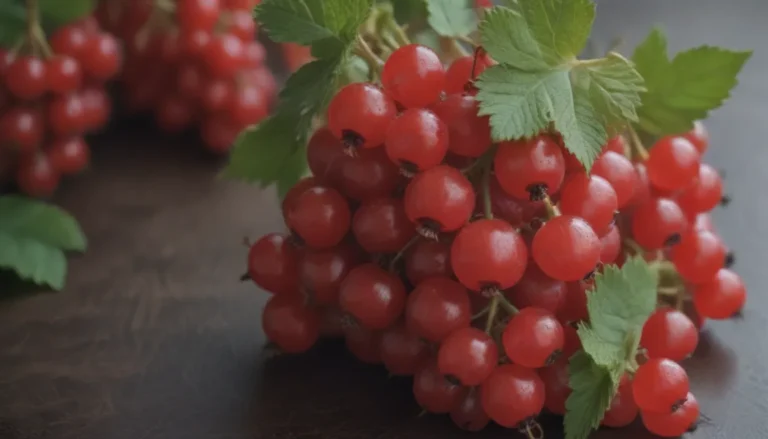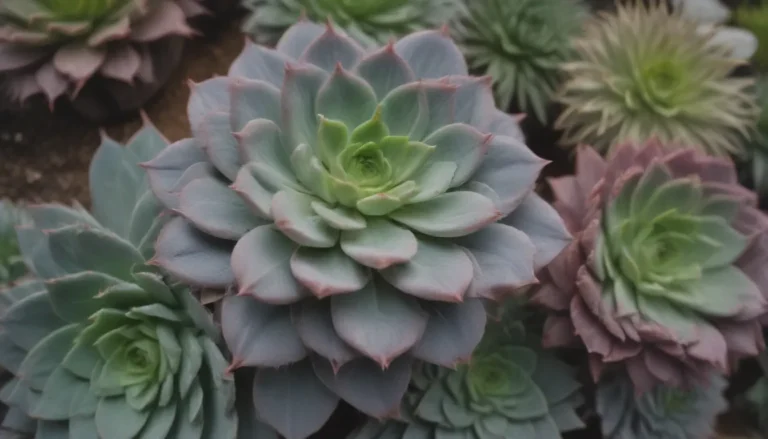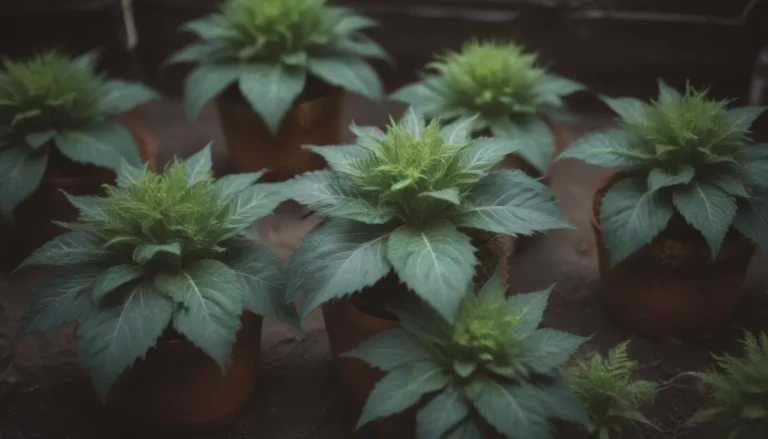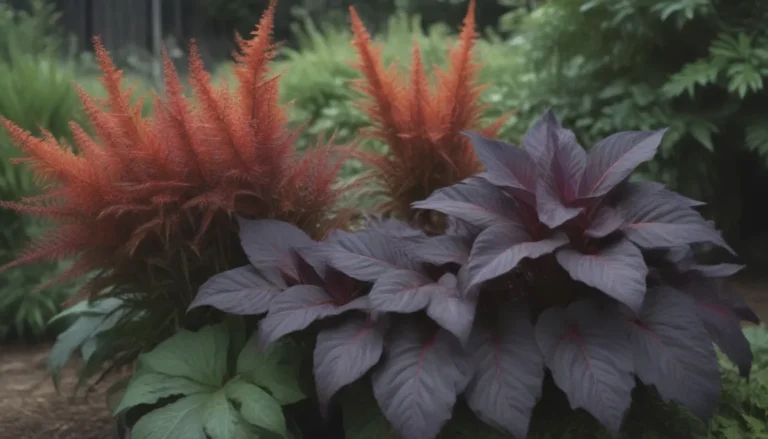The Ultimate Guide to Mulch: How to Enhance Your Garden with 8 Types
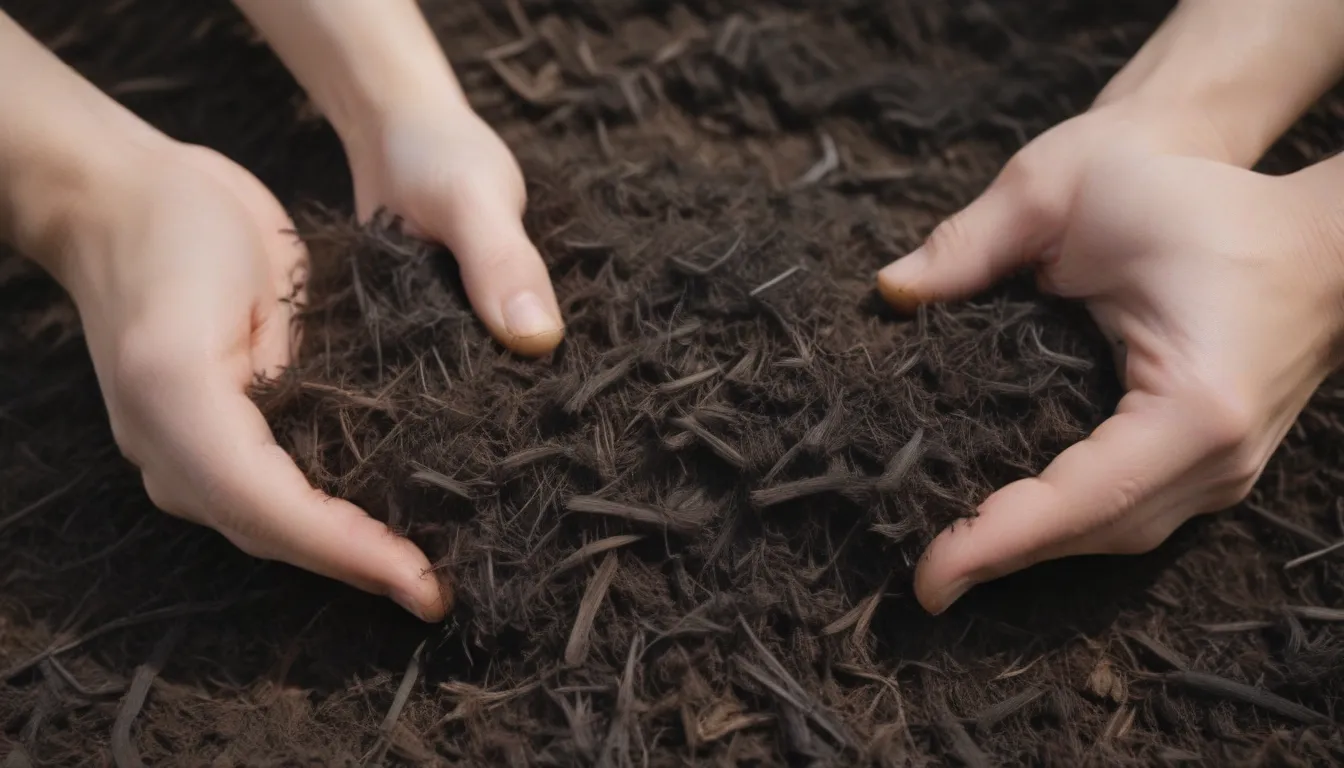
Are you looking to step up your gardening game and transform your outdoor space into a lush oasis? Look no further than the magic of mulch! Mulch isn’t just a decorative element; it serves a multitude of purposes in your garden, from retaining moisture and suppressing weeds to keeping your soil cool and enhancing its nutrient content. With so many benefits, it’s essential to understand the different types of mulch available and how to choose the best one for your garden’s needs.
In this comprehensive guide, we will delve deep into the world of mulch, exploring the various types available, their pros and cons, and how to effectively utilize them in your garden. So grab your gardening gloves and let’s get started!
Mulch 101: Understanding the Basics
Before we dive into the different types of mulch, let’s cover the basics. Mulch is any material used to cover the surface of the soil in your garden. It offers a range of benefits, including:
- Retaining moisture in the soil
- Suppressing weeds
- Keeping soil and plant roots cool
- Preventing frost heaving in winter
- Improving the overall aesthetics of your garden
Now that you understand the importance of mulch, let’s explore the two main categories: organic and inorganic mulch.
Organic Mulch vs. Inorganic Mulch
Organic Mulch:
- Made of natural ingredients
- Decomposes over time and needs to be replaced
- Improves soil structure, drainage, and nutrient content
- Offers a range of benefits for your garden
Inorganic Mulch:
- Synthetic materials that do not decompose
- Excellent at holding moisture and blocking weeds
- Does not add nutrients to the soil
- Requires less frequent replacement compared to organic mulch
Now that you have a better understanding of the different types of mulch, let’s dive into specific examples and how to use them effectively in your garden.
Organic Mulch: Harnessing the Power of Nature
Organic mulch is derived from natural sources and provides numerous benefits for your garden. From improving soil quality to enhancing plant growth, organic mulches are a versatile and eco-friendly option for gardeners. Let’s explore some popular types of organic mulch and how to use them effectively:
1. Bark Mulch
- Best suited for trees, shrubs, and garden beds
- Does not mix well into the soil
- Lasts longer than finer organic mulches
2. Pine Needles
- Known as pine straw
- Slightly lowers soil pH
- Suppresses weeds and retains moisture
3. Grass Clippings
- Ideal for remote areas to suppress weeds
- Decomposes rapidly
- Use caution as they can become slimy and matted
4. Newspaper
- Eco-friendly option
- Suppresses weeds and retains moisture
- Use soy-based black inks and avoid colored or glossy inks
5. Shredded Leaves
- Nature’s favorite mulch
- Free and attracts earthworms
- Perfect for woodland gardens and vegetable gardens
6. Straw and Hay
- Popular for vegetable gardens
- Suppress soil-borne diseases and provide a habitat for beneficial insects
- Easy to work into the soil at the end of the season
Each type of organic mulch offers unique benefits for your garden, so choose the one that best fits your needs and preferences.
Inorganic Mulch: Embracing Synthetic Solutions
Inorganic mulch is a great option for gardeners looking for low-maintenance solutions that provide excellent moisture retention and weed suppression. While inorganic mulches do not add nutrients to the soil, they offer long-lasting benefits for your garden. Let’s explore some popular types of inorganic mulch and how to use them effectively:
1. Plastic and Landscape Fabric
- Ideal for foundation plantings and shrubs
- Prevents frequent weeding and retains moisture
- Consider adding a layer of bark mulch for camouflage
2. Gravel and Stone
- Suitable for areas with good drainage or plants that require additional heat
- Hard to remove, so choose wisely before using
Inorganic mulches offer a range of benefits for your garden, from easy maintenance to long-lasting weed suppression. Choose the one that best suits your garden’s needs and aesthetic preferences.
Tips for Using Mulch Effectively
Now that you have a better understanding of the different types of mulch and their benefits, here are some tips for using mulch effectively in your garden:
- Apply mulch in the spring when the weather is consistently warm
- Avoid burying emerging perennials when applying mulch
- Mulch after weeding and stripping off old mulch
- Consider applying mulch in the fall to conserve moisture and protect soil
By following these tips, you can maximize the benefits of mulch in your garden and create a thriving outdoor space that you can enjoy year-round.
Conclusion: Elevate Your Garden with Mulch Magic
In conclusion, mulch is a versatile and essential component of any garden. Whether you choose organic or inorganic mulch, there are numerous options available to suit your garden’s needs and aesthetic preferences. By understanding the different types of mulch and how to use them effectively, you can enhance the health and beauty of your garden while minimizing maintenance and weed growth.
So, the next time you step into your garden, consider the power of mulch and how it can transform your outdoor space into a vibrant and thriving oasis. With the right mulch choice and application, you can create a garden that will be the envy of your neighbors and a sanctuary for plants to flourish.
Happy gardening! 🌿
Sources:
- University of Connecticut Home & Garden Information Center
- University of Minnesota Yard and Garden Extension
- Permaculture Research Institute
- National Sustainable Agriculture Information Service (ATTRA)
- University of Illinois at Urbana-Champaign

